Should You Install Epoxy Flooring? Pros and Cons Weighed
Epoxy flooring has become a popular choice for both residential and commercial spaces. It’s known for its durability, sleek aesthetics, and ease of maintenance. But before you jump on the epoxy bandwagon, it’s important to weigh the pros and cons to see if it’s the right fit for your needs.
The Allure of Epoxy Flooring: Unmatched Durability
One of the biggest advantages of epoxy flooring is its incredible strength. The resinous coating creates a hard, non-porous surface that can withstand a significant amount of wear and tear. This makes it ideal for high-traffic areas in homes, like garages, basements, and laundry rooms. In commercial settings, epoxy floors are a common sight in warehouses, factories, and retail stores due to their ability to handle heavy machinery, constant foot traffic, and exposure to chemicals.
Epoxy’s resilience extends beyond physical impact. It’s resistant to scratches, stains, and chemicals, making it a breeze to clean and maintain. Unlike wood or tile, epoxy won’t succumb to moisture damage, making it a good option for areas prone to spills or humidity.
Design Versatility and a Touch of Luxury
Epoxy flooring goes beyond just being practical. It offers a wide range of design possibilities. With a vast array of colors and finishes to choose from, you can create a custom look that complements your space. You can even add decorative flakes or chips for a unique, textured finish. This level of customization allows you to achieve a modern, high-end aesthetic that complements any décor.
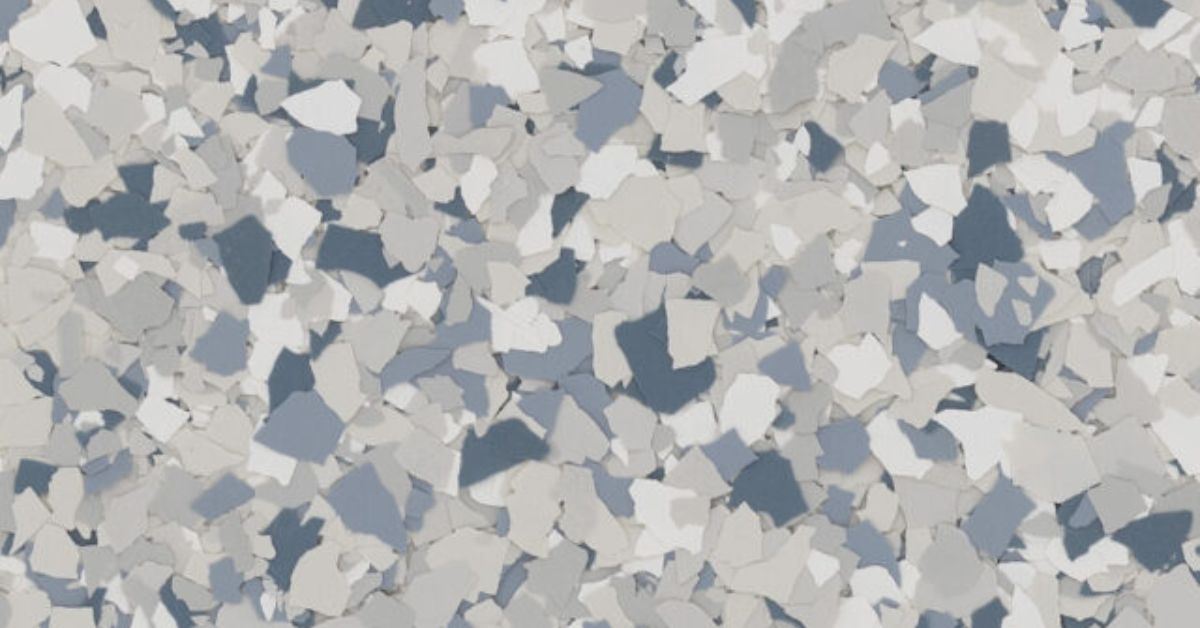
Another design advantage of epoxy is its seamless application. Unlike tile or wood flooring with grout lines, epoxy creates a smooth, continuous surface that makes rooms appear larger and more open. This is particularly beneficial for smaller spaces.
Potential Drawbacks of Epoxy Flooring to Consider
While epoxy flooring boasts numerous advantages, it’s not without its downsides. One of the main considerations is the installation process. Unlike laying down tile or vinyl planks, epoxy requires a meticulous application process that involves preparing the subfloor, mixing the resin, and carefully applying multiple coats. This is typically a job best left to professionals, adding to the overall cost.
Epoxy flooring also comes with a drying time. Depending on the chosen product and the thickness of the application, a newly installed epoxy floor can take up to 48 hours to cure completely. During this time, the area needs to be kept clear and free of traffic, which can be disruptive.
Another factor to keep in mind is the potential for a slippery surface. While some epoxy finishes incorporate texturizing additives to improve traction, it’s important to be aware that especially when wet, epoxy floors can be slippery. This can be a safety concern for homes with small children or elderly individuals.
Weighing the Cost Factor of Epoxy Flooring
Epoxy flooring is generally considered a mid-range flooring option. The exact cost will depend on the size of the area, the chosen finish, and the complexity of the job. While the upfront cost may be higher than some other flooring materials, epoxy’s durability and low maintenance requirements can translate to significant savings in the long run.
Epoxy Flooring: The Right Choice for You?
Ultimately, the decision of whether or not to install epoxy flooring hinges on your priorities and needs. If you value a floor that is incredibly tough and can shrug off wear and tear with ease, epoxy is a perfect choice. It’s also a low-maintenance dream, requiring minimal effort to keep clean and looking its best. Plus, its moisture resistance makes it a great fit for areas prone to spills or humidity. But before you dive in, there are a few things to consider.
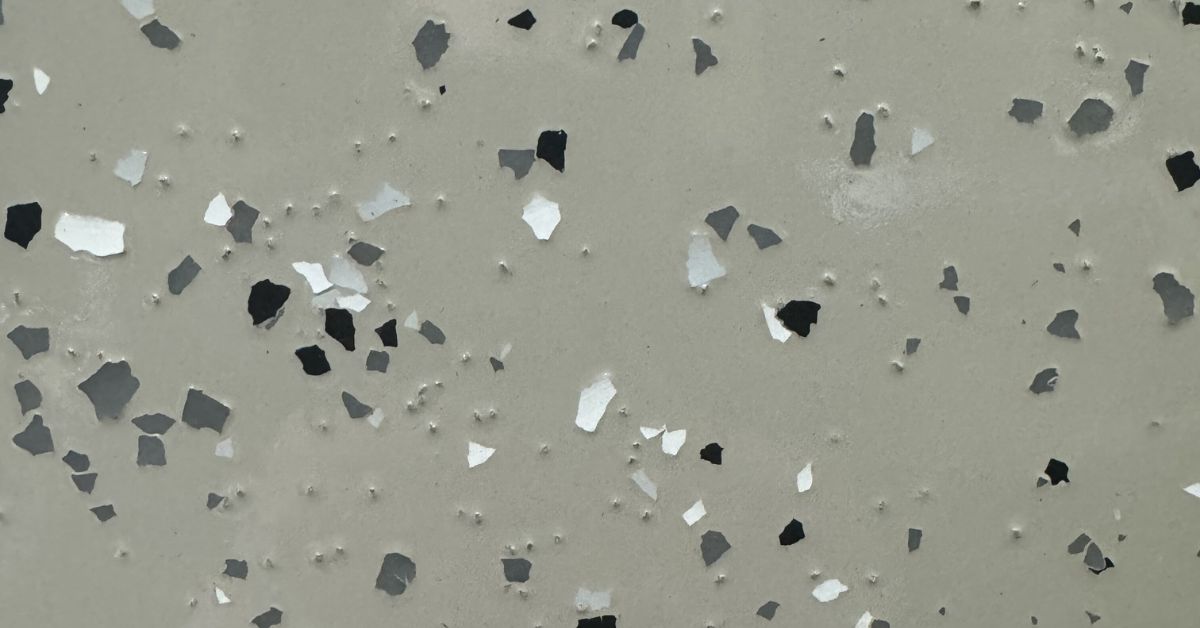
Epoxy flooring is a specialist job, so expect to hire professionals for the installation. The curing process can take up to 48 hours, potentially disrupting your schedule. Additionally, while some finishes offer improved traction, epoxy can be slippery when wet, so keep that in mind if you have small children or elderly individuals at home. The initial cost might also be higher than some other flooring options. Weighing these pros and cons will help you determine if the allure and functionality of epoxy flooring make it the ideal choice for your next project.
By carefully considering the pros and cons of epoxy flooring, you can make an informed decision about whether it’s the right choice for your next flooring project.

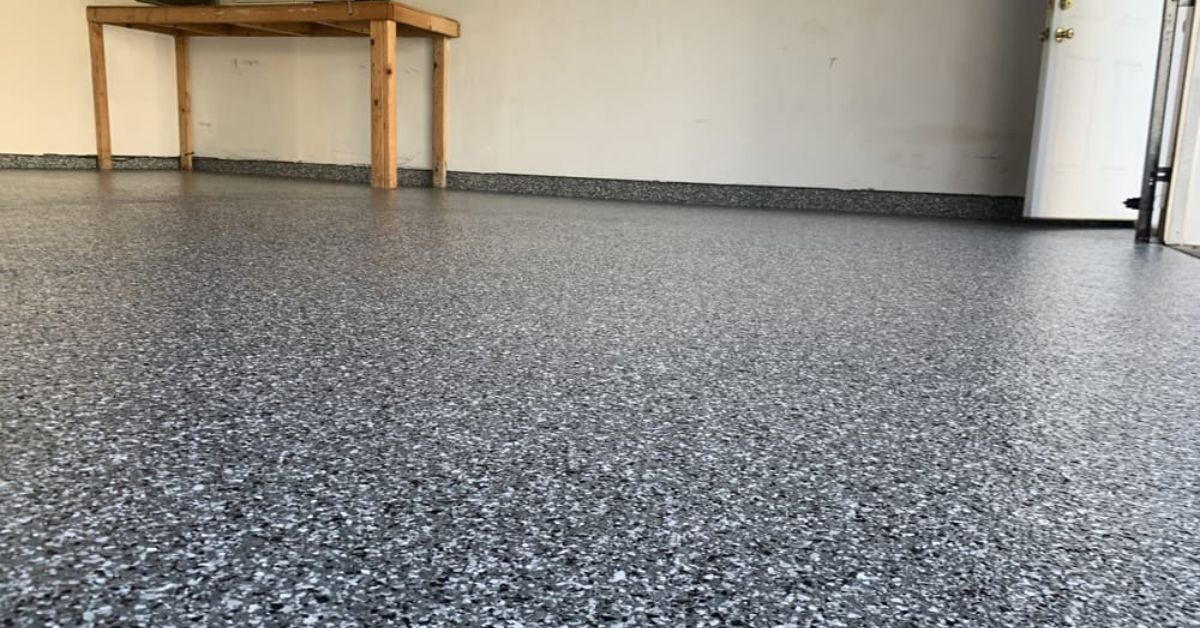
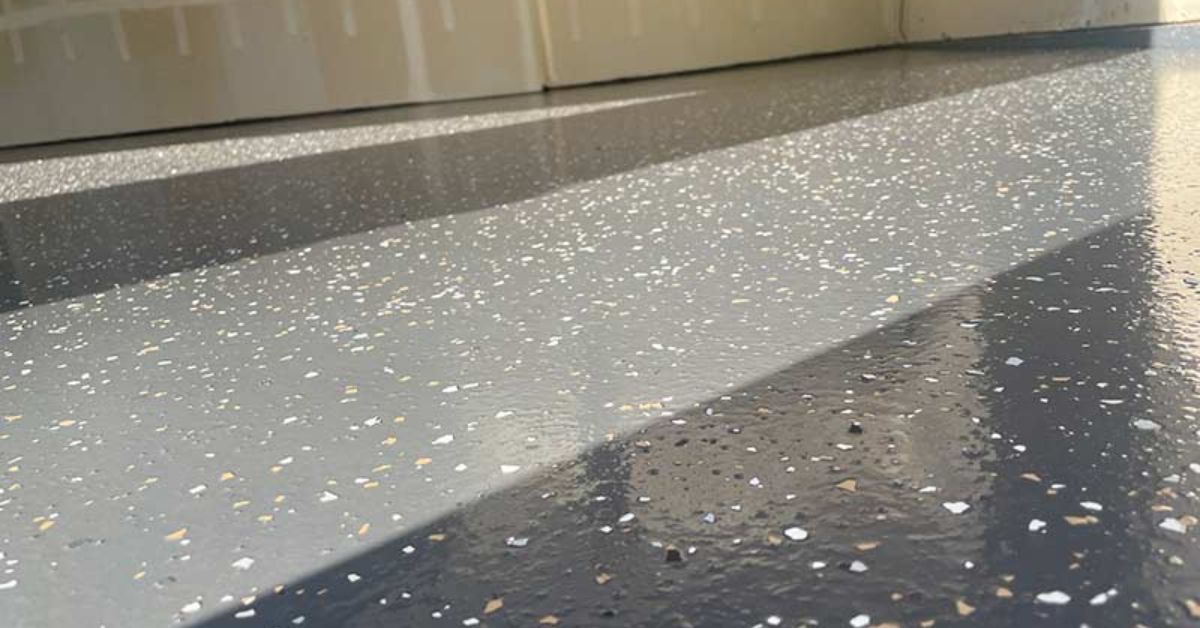

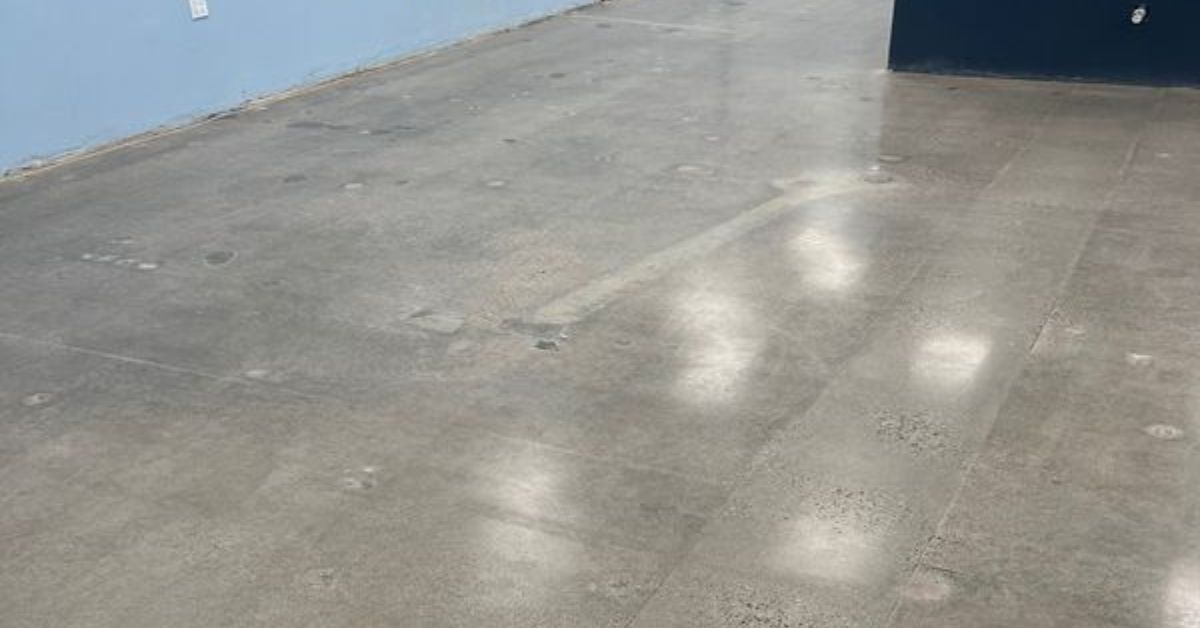

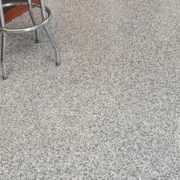
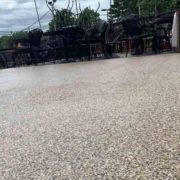

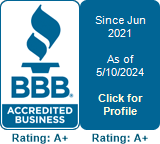


Leave a Reply
Want to join the discussion?Feel free to contribute!